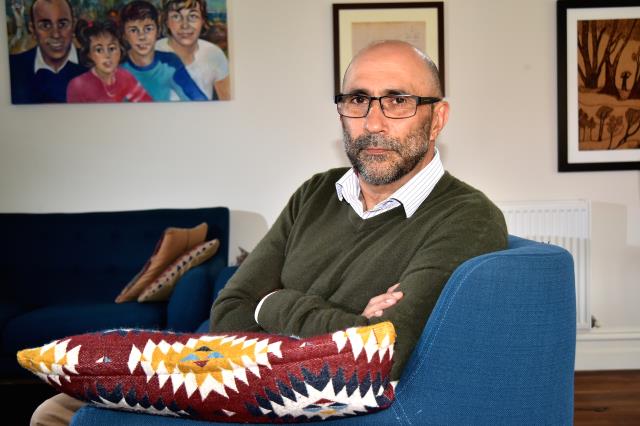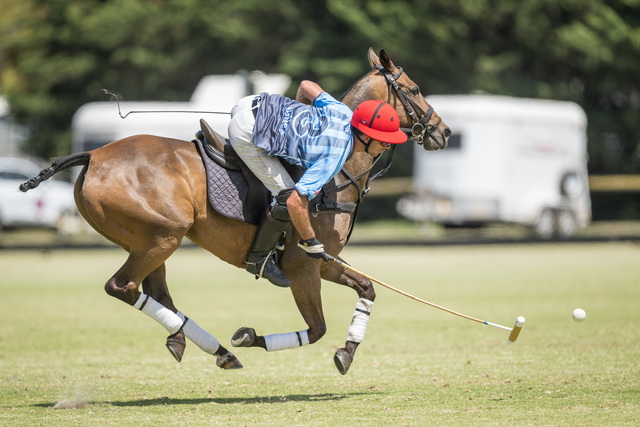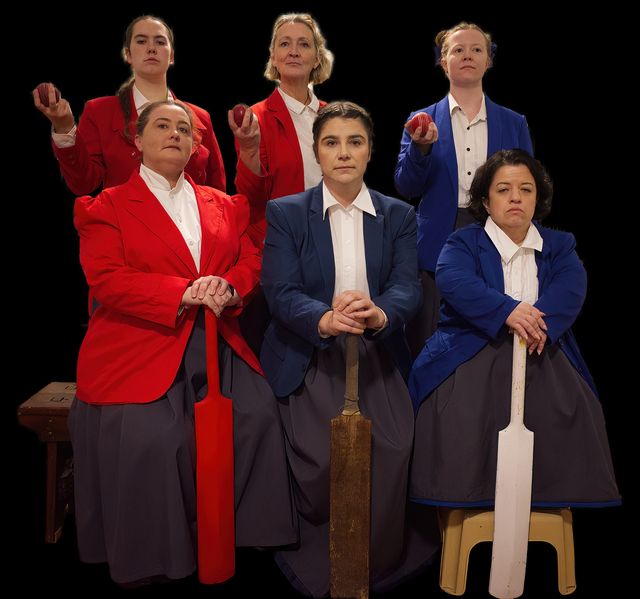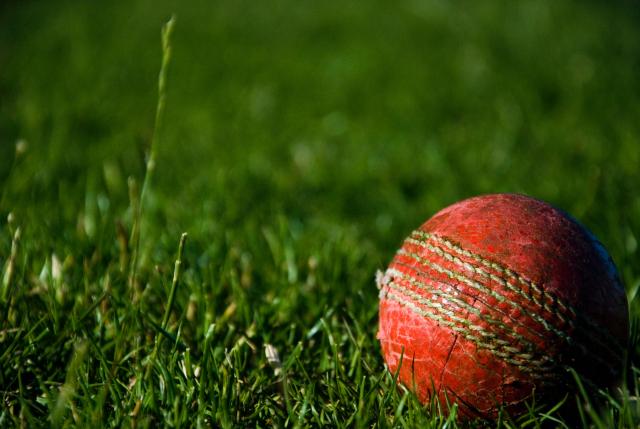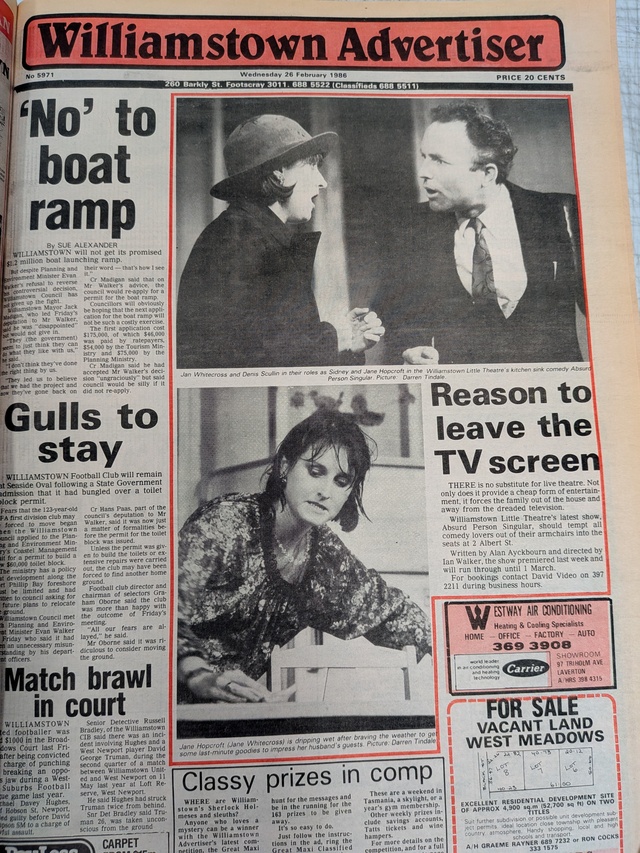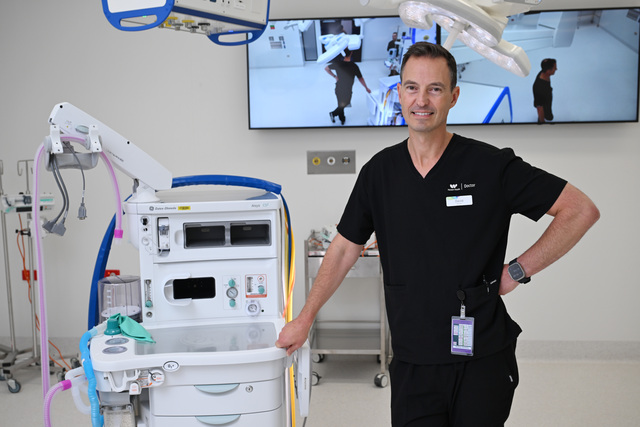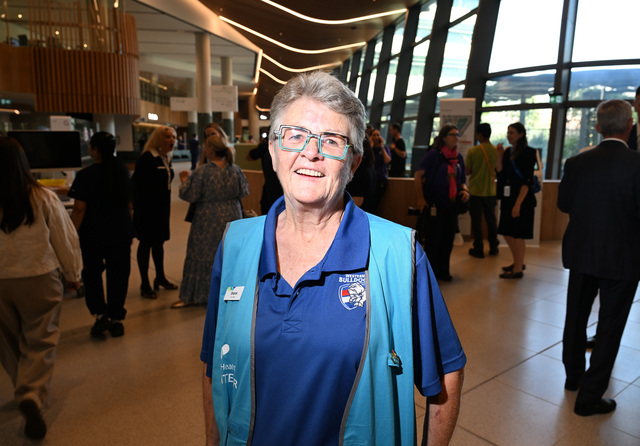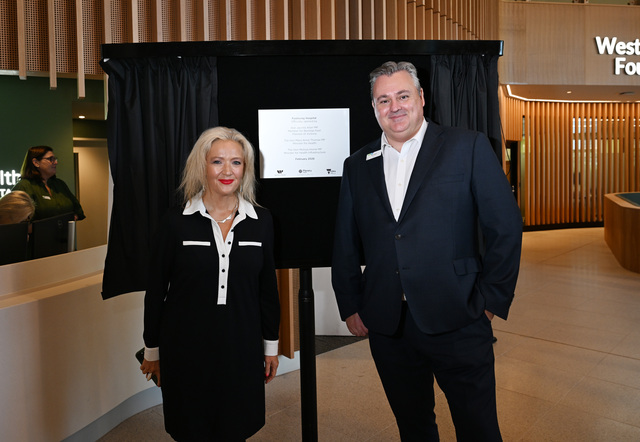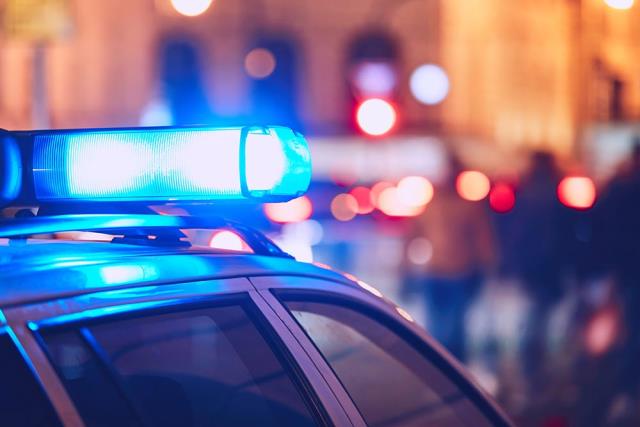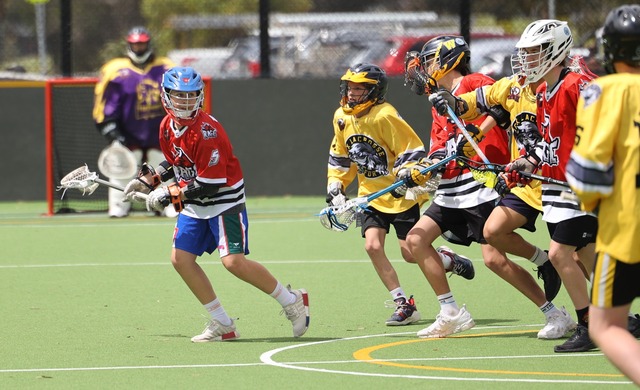Did you miss this story? Here’s your chance to read (or reread) on one of our favourite stories from 2021!
Yarraville’s Ian Hamm was separated from his Aboriginal family when he was three weeks old.
The chair of both the Koorie Heritage Trust and Connecting Home service to survivors of the Stolen Generations says the city of Maribyrnong is stuck between a rock and a hard place trying to strike a balance on January 26.
Maribyrnong council last week voted to lower the Aboriginal and Torres Strait Islander flags to half mast on January 26 from 2022, and consult with the community on how to respond to the date.
Mr Hamm, a Yorta Yorta man from Shepparton, was adopted by Charlie and Mary Hamm from Yarrawonga in 1964.
He and his two adopted sisters were “the entire Aboriginal population of Yarrawonga“.
Mr Hamm discovered his birth name was Andrew James.
When he was 18, he went to Bendigo Teachers’ College. It was in Bendigo that he met more Aboriginals and discovered his birth-family roots.
“I found out I had brothers and sisters, which was really good, and uncles and aunties and cousins,“ Mr Hamm said.
“My mother died in 1966 when she was 26 years old and she never told anyone who my father was, and it wasn’t on my birth certificate.“
Mr Hamm said it was clearly obvious that January 26 was “a contestable day“.
“The question becomes, what is a national day for, why do we have a national day and who is it for,“ he said.
“They’re probably the three questions that need to be answered first before you start thinking about when should it be.
“It was only in the ’90s that it officially got locked in on the 26th of January.
“Up until that stage, it used to be the last Monday in January, which kind of marked the end of the summer holidays and it was a no-big-deal event.
“Then, when it got locked in on the day, people started getting all jingoistic about it.
“I suppose for me, when I think about Australia Day, it is that question of what do want to get out of it.
“Now, it actually serves a purpose of deeper reflection of who are we and what are we about, and it really does raise unresolved questions.
“The downside of it is, I think most people expect their national day to be quite a celebration and joyous thing of who we are, and we don’t do that.
“The city of Maribyrnong, like the rest of Australia, is caught between a rock and a hard place, and it’s accommodating both.
“Right now, the 26th of January is Australia Day and for lack of another day it is when we look to what’s right with Australia, but also, it’s Invasion Day and, quite rightly, we are acknowledging that that’s had a huge impact on the Aboriginal population of Australia.“
Maribyrnong council resolved to engage “in a broad ranging and deliberative consultations process with the First Nations and the wider established and newly arrived people of Maribyrnong“ about January 26.

